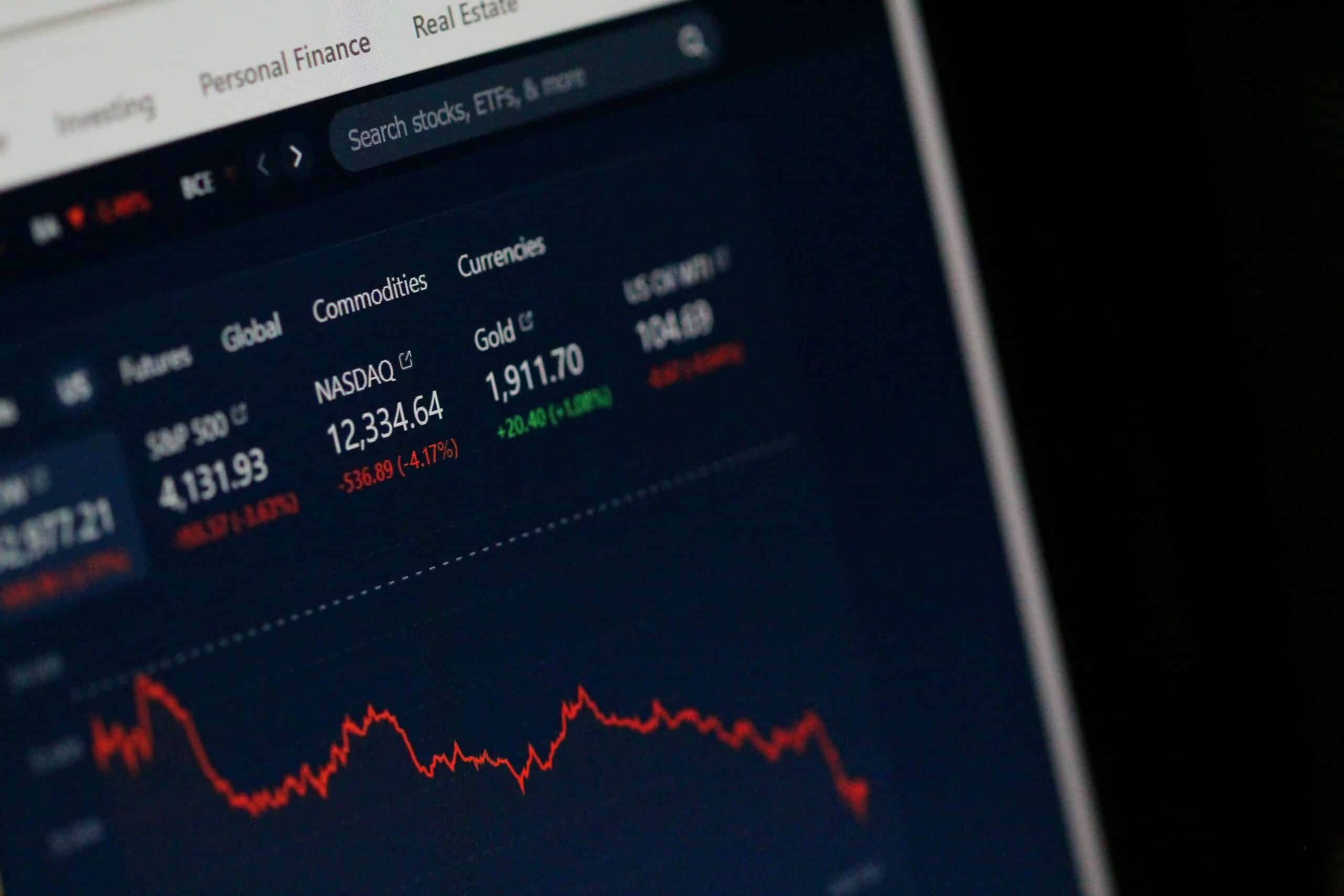Fiscal Tightrope: Balancing Budget and Growth Amid Election Year Pressures
The budgetary and economic conditions described below can significantly influence the stock trading market in several ways:
-
Investor Sentiment: The uncertainty surrounding government finances and the potential use of foreign exchange reserves could affect investor confidence. If investors believe the government is not managing its finances sustainably, they may become more risk-averse, leading to a sell-off in the stock market.
-
Interest Rates and Borrowing Costs: Credit downgrades and rising borrowing costs can lead to higher interest rates. This can make borrowing more expensive for businesses, reducing their profitability and potentially leading to lower stock prices.
-
Currency Fluctuations: The use of foreign exchange reserves and the performance of the Rand can impact companies that have international operations or rely on imports and exports. Currency strength or weakness can affect earnings and stock prices of these companies.
-
Policy Uncertainty: The approach the government takes in handling its budget can lead to policy uncertainty, particularly if new taxes or fiscal measures are introduced. This uncertainty can cause volatility in the stock market as businesses and investors try to anticipate the impact on different sectors.
-
Economic Growth Prospects: Long-term growth and investment are crucial for market performance. If government actions fail to address structural issues and stimulate growth, the outlook for corporate earnings may be dampened, negatively affecting stock valuations.
-
Social Stability: The potential for social unrest due to changes in social grants or bailouts can also impact the market. Social instability can disrupt economic activities and deter investment, both domestic and foreign.
-
Sector-Specific Impacts: Certain sectors, like energy, transportation, and finance, may be more directly affected by the government’s fiscal decisions, leading to sector-specific market movements.
Overall, the market will closely monitor the government’s fiscal strategy and economic policies, as these will have direct and indirect effects on various aspects of the economy, influencing stock prices and trading activities.

South Africa’s budget season faces challenges with government overspending and debt from mismanaged state enterprises. Previously, a commodity price surge boosted tax revenue, enabling debt reduction, but the surplus was spent, and financial commitments grew. Social grants and bailouts are hard to cut, especially in an election year, risking public unrest.
The Finance Minister must navigate a tightrope budget without excess tax revenue, amidst energy shortages and infrastructure woes. Despite intentions to stabilize debt-to-GDP, spending remains high and tax collection low, causing credit downgrades and higher borrowing costs.
Balancing an election year budget means avoiding voter alienation by cutting grants or raising taxes, which could hurt growth. A wealth tax might also drive away capital. The Reserve Bank’s surplus from gold and foreign exchange reserves offers a tempting but risky solution. Using this surplus is like a gambler borrowing from loan sharks, offering a quick fix but potentially leading to more trouble.
The government must focus on sustainable solutions through growth and investment, despite the temptation to use the Reserve Bank’s surplus, to avoid long-term financial risks.













